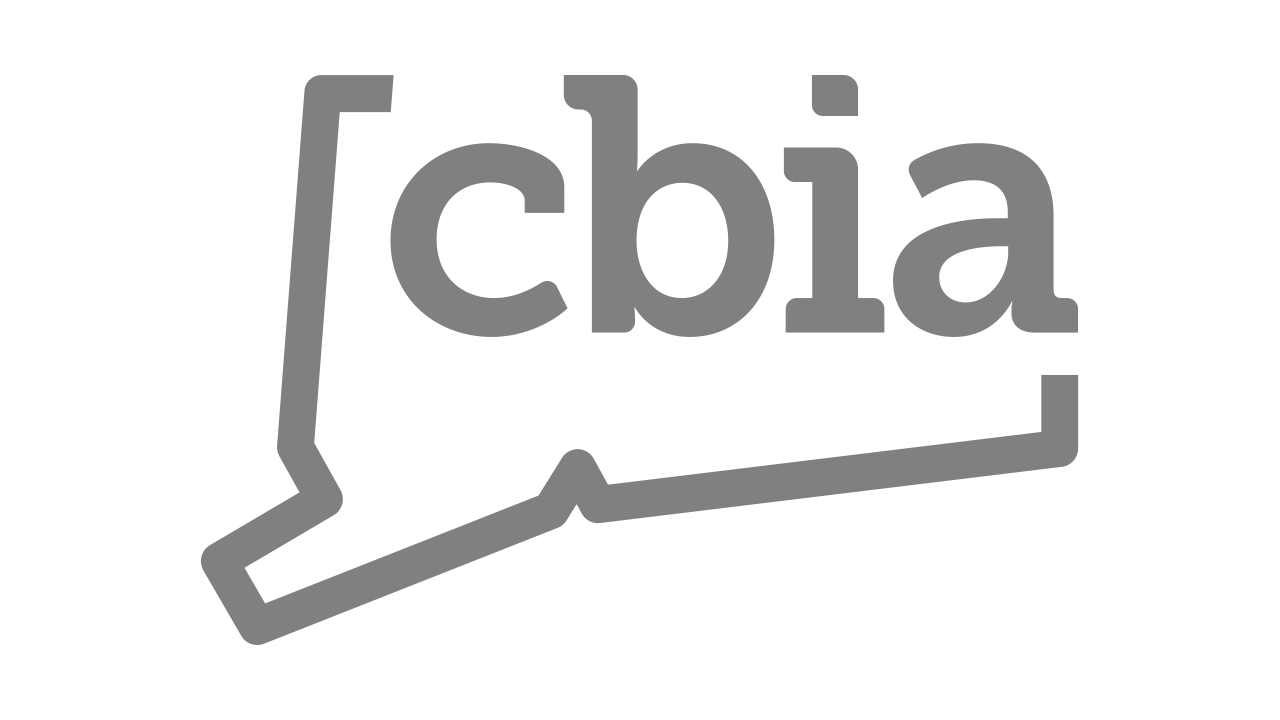The Importance of Certifications for Safety and Quality in BFM Flexible Connectors
The Importance of Certifications for Safety and Quality in Industrial Flexible Connectors
In today’s industrial landscape, certifications are more than just badges of honor—they are proof that a product meets the highest standards of safety, quality, and compliance. At Siftex, our BFM® fittings are tested against leading global certifications to ensure they perform reliably in even the most demanding environments. These certifications are critical for industries where the cost of downtime, contamination, or safety incidents can be significant. By meeting and exceeding these global standards, BFM® fittings give our customers confidence that their equipment connections are built to perform, reduce risk, and maintain compliance with industry regulations.
FDA Certification: Protecting Food Safety
The U.S. Food and Drug Administration (FDA) certification ensures that materials used in BFM® fitting connectors are safe for direct or indirect contact with food products. For industries such as food processing, pharmaceuticals, and nutraceuticals, this certification plays a vital role in preventing contamination, preserving product integrity, and protecting consumers. FDA-compliant BFM® connectors from Siftex are manufactured using materials that meet stringent hygiene and material safety requirements, helping facilities pass inspections, meet customer demands for safe products, and operate with reduced risk of costly recalls or shutdowns.
USDA Certification: Supporting Agricultural and Food Operations
The United States Department of Agriculture (USDA) certification verifies that BFM® fitting products meet rigorous hygiene and performance standards for use in agricultural and food handling applications. This certification is especially valuable for operations processing meat, poultry, dairy, or other consumable products, where maintaining cleanliness and preventing contamination are mission-critical. By using USDA-certified BFM® connectors, companies can be confident they are investing in solutions that will help them remain in compliance with government regulations while ensuring the quality and safety of their output.
ATEX Certification: Explosion Protection
The ATEX certification is a crucial requirement for facilities operating in potentially explosive atmospheres, such as those handling powders, grains, or other combustible materials. Certain BFM® connectors from Siftex, along with our Clear-Flex SDX static-dissipative materials, are specifically designed to prevent the buildup of static electricity, which could otherwise trigger dangerous ignition events. ATEX compliance means that these products are tested and proven to reduce risks, safeguard workers, protect facilities, and maintain smooth, uninterrupted operations.
EHEDG and Other International Compliance Standards
The European Hygienic Engineering & Design Group (EHEDG) certification, alongside other respected global standards such as EC1935/2004, Kosher, and Halal, applies to BFM® fittings that meet a wide range of international safety, hygiene, and quality requirements. This versatility is particularly important for companies that operate across multiple countries or serve diverse markets with varying compliance expectations. Whether it’s meeting European food-contact laws, ensuring religious dietary compliance, or satisfying hygienic design principles, certified BFM® products from Siftex pass strict testing and deliver reliable performance everywhere they are used.
Partner with Siftex for Certified, Reliable Solutions
When you work with Siftex, you’re partnering with a team committed to delivering BFM® products that meet or exceed industry standards for safety and quality. These certifications are not just paperwork—they’re part of a deeper promise to deliver dependable, durable, and compliant solutions that help your plant run more efficiently. Contact us today at (800) 274-3839 or request a quote to get started with certified, custom-engineered BFM® solutions that meet your exact operational requirements.




